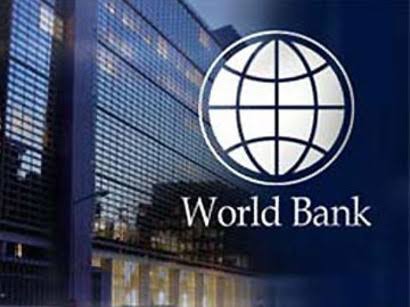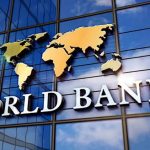The World Bank has approved fresh loans totaling $632 million for Nigeria on Monday, adding to growing concerns about the country’s rising debt burden. The new approvals include $80 million for the Accelerating Nutrition Results in Nigeria 2.0 project and $552 million for the HOPE for Quality Basic Education for All programme. Both initiatives aim to improve nutrition and expand access to quality education.
This comes just days after the bank approved a separate $500 million loan for Nigeria’s Community Action for Resilience and Economic Stimulus Programme, designed to provide grants to vulnerable households and small businesses in response to economic challenges such as inflation and high living costs.
Despite these new inflows, Nigeria’s increasing reliance on loans has sparked debate, particularly in light of disbursement delays. Of the $800 million previously approved for the National Social Safety-Net Program Scale-Up, only $315 million has been released, with the remainder held up due to fraud allegations. The government was forced to suspend a cash transfer programme meant to provide N25,000 to 15 million households following corruption scandals within the Ministry of Humanitarian Affairs. The former minister, Betta Edu, was suspended over a N585 million fraud case, while her predecessor, Sadiya Umar-Farouq, is under investigation for alleged money laundering involving N37.1 billion.
Under President Bola Tinubu’s administration, Nigeria’s borrowing from the World Bank has surged, with an estimated $7.45 billion in loans secured since 2023. Data from the Debt Management Office shows that Nigeria owes the World Bank $17.32 billion, with the International Development Association accounting for $16.84 billion of that amount. The country has spent $5.47 billion on external debt servicing over the past 14 months, increasing pressure on foreign reserves.
Finance Minister Wale Edun has stated that the government is shifting focus from borrowing to revenue generation and strategic investments. However, the continued accumulation of concessional loans suggests a reliance on external financing for critical developmental projects.
Economists have cautioned that while loans can be useful for economic growth, Nigeria’s current fiscal situation makes borrowing risky. Development economist Dr. Aliyu Ilias noted that the previous administration faced criticism for excessive borrowing, and many had expected a different approach under Tinubu. He pointed out that despite revenue gains from tax reforms, subsidy removals, and tariff hikes, the government continues to rely on debt financing.
Similarly, Dr. Tayo Aduloju, CEO of the Nigerian Economic Summit Group, called for a more strategic borrowing approach, balancing domestic and external debt while prioritizing projects with clear economic returns. Experts stress that efficient fund utilization and transparent execution are essential to ensure borrowed funds translate into tangible economic and social benefits.










